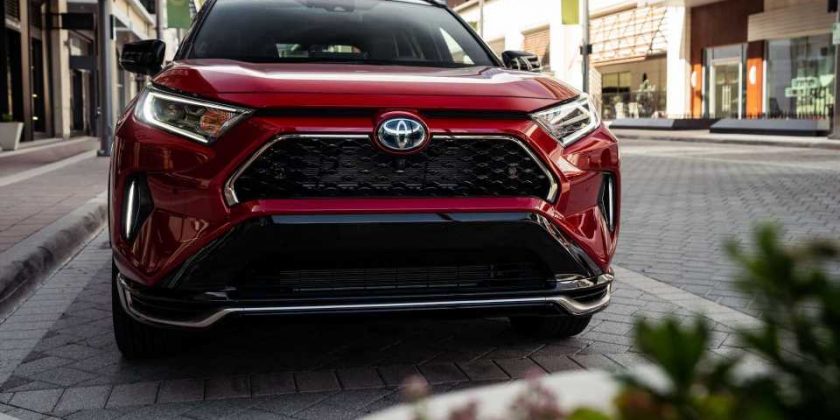Toyota agrees that electric cars are important, but they’re not the only answer, it says.
According to a recent report in Automotive News, Toyota has reached out to U.S. lawmakers with requests for support of “technology-inclusive” policies for various vehicle powertrains. Essentially, Toyota wants credit and backing for its future, green-friendly vehicles that aren’t fully electric.
Toyota stands behind its hybrids and has plans for other tech moving forward. It has worked arguably harder than any other company to reduce emissions through the use of hybrid technology.
We’ll be honest to say, we have no reservations about calling Toyota the king of hybrids. However, government support is a must for electric cars to speed up adoption. Support for hybrids, hydrogen, and other powertrain technology may work complicate the situation.
Reportedly, Toyota testified this week in front of the U.S. Senate Committee on Energy and Natural Resources. Director of energy and environmental research at Toyota Motor North America Robert Wimmer explained:
“We agree that BEVs are an important part of the answer — but they’re not the only answer,”
“This diversity in requirements is exactly why OEMs offer a wide variety of vehicle types, styles and powertrains. It’s also precisely why multiple electrification pathways are needed to reduce carbon emissions. If we tie our horse to a single approach, many consumers will simply opt for an internal combustion vehicle.”
Meanwhile, rivals including Ford, General Motors, Volkswagen, and others are making plans to dive headfirst into fully electric cars. In fact, some legacy automakers have officially announced plans to stop producing gas cars altogether in the future.
Keep in mind, essentially all legacy automakers have hesitated and/or been slow to move forward with electrification. Electric cars aren’t easy, that has been proven over and over. In addition, they’re not cheap.
Toyota has a very successful hybrid vehicle business, and changing it up to an all-electric lineup would be an expensive undertaking that may not reduce emissions significantly at first, simply based on volume. Since the Japanese automaker is already working hard to reduce emissions, and it sells a host of hybrids, it continues to tout that in opposition of seriously pursuing battery-electric vehicles.
Toyota also has concerns that EVs simply won’t sell very well. Wimmer shared:
“Last year, less than 2 percent of the vehicles sold in America were battery electric. If we are to make dramatic progress in electrification, it will require overcoming tremendous challenges, including refueling infrastructure, battery availability, consumer acceptance and affordability and the reliability of the electric grid.”
Source:Automotive News
Source: Read Full Article
